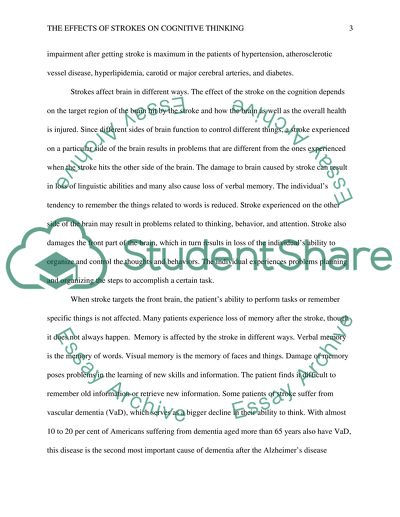Cite this document
(“The Effects of Strokes on Cognitive Thinking Research Paper”, n.d.)
The Effects of Strokes on Cognitive Thinking Research Paper. Retrieved from https://studentshare.org/psychology/1475351-the-effects-of-strokes-on-cognitive-thinking
The Effects of Strokes on Cognitive Thinking Research Paper. Retrieved from https://studentshare.org/psychology/1475351-the-effects-of-strokes-on-cognitive-thinking
(The Effects of Strokes on Cognitive Thinking Research Paper)
The Effects of Strokes on Cognitive Thinking Research Paper. https://studentshare.org/psychology/1475351-the-effects-of-strokes-on-cognitive-thinking.
The Effects of Strokes on Cognitive Thinking Research Paper. https://studentshare.org/psychology/1475351-the-effects-of-strokes-on-cognitive-thinking.
“The Effects of Strokes on Cognitive Thinking Research Paper”, n.d. https://studentshare.org/psychology/1475351-the-effects-of-strokes-on-cognitive-thinking.


